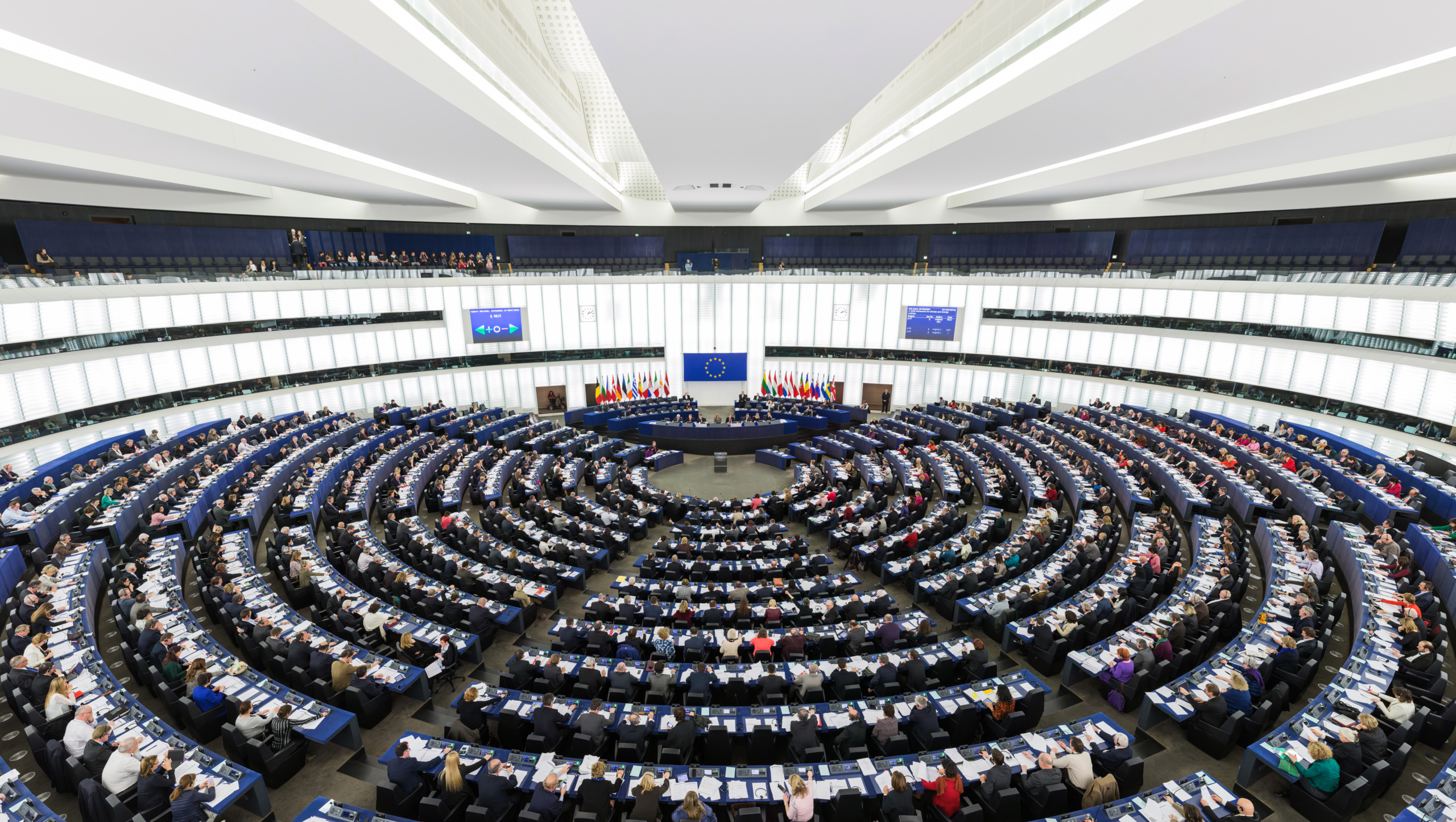
The European Union (EU) on Thursday approved the 19th package of sanctions against Russia, the latest effort to hinder Russian aggression in Ukraine, adding new restrictions on individuals and sectors supporting Moscow’s war effort.
The new sanctions aim to intensify strain on the Russian economy and debilitate important sectors such as energy, finance, the military industrial base, special economic zones as well as punish third parties who have facilitated and profited from the war in Ukraine.
Starting January 1, 2027, an import ban on Russian liquefied natural gas (LNG) will go into effect as well as a full transaction ban on oil and gas imports from Russian companies Rosneft and Gazprom Neft. Rosneft, one of the world’s biggest energy companies, is responsible for 6 percent of global oil production and nearly half of Russian output. A March 2025 transshipment ban on LNG weakened the industry, but Moscow’s quick adaptation made new sanctions necessary for the EU’s desired effects.
Rosnef and Russian energy corporation Lukoil–which together produce a staggering 3.1 million barrels of oil per day–were targeted by 90 new sanctions in mid-October as part of a broader international effort to sever the Kremlin’s revenue streams. Additional sanctions were also imposed on Lukoil’s prominent shadow fleet enabler, Litasco Middle East DMCC, alongside ship registries facilitating deceptive vessel registration.
Leaders also sought to undermine Russian cryptocurrency, prohibiting use of the stablecoin “A7A5” which Russia has relied on to circumvent financial sanctions and sustain international trade. While EU leaders are optimistic the measure pinpoints a vulnerable Russian asset, practical considerations, such as the borderless and digital nature of cryptocurrency, make it difficult to enforce.
Russian actors have historically relied on sophisticated methods to conceal transaction trails. To address this, leaders imposed individual sanctions on operators from the United Arab Emirates and China, 45 entities accused of assisting Russian operations, and businesses in the Special Economic Zones (SEZs) that forbid entry into relations with EU-based entities.
Russia invaded Ukraine in February 2022 and has committed numerous human rights violations throughout the nearly four-year conflict.
Kenya dispatch: democracy champion Raila Odinga laid to rest among tears and tributes
Perú dispatch: Congress ousts President Dina Boluarte amid crime surge and political turmoil
Can a Partisan Court Save American Democracy?
The Golden Bridge to Peace: Legal Options for US and Iran After the Air Strikes
How Can the ICC Balance Perpetual Harm with Finite Justice? An Interview with Professor Megumi Ochi
Explainer: Does Trump Have ‘Unquestioned Power’ to Deploy Troops to US Cities Under the Insurrection Act?
Bork Supreme Court nomination rejected
On October 23, 1987, the US Senate rejected the Supreme Court nomination of Robert H. Bork by a vote of 58-42.
First meeting of UK Parliament
On October 23, 1707, the Parliament of the United Kingdom met for the first time in London, England. Learn more about the history of Parliament in the United Kingdom.
